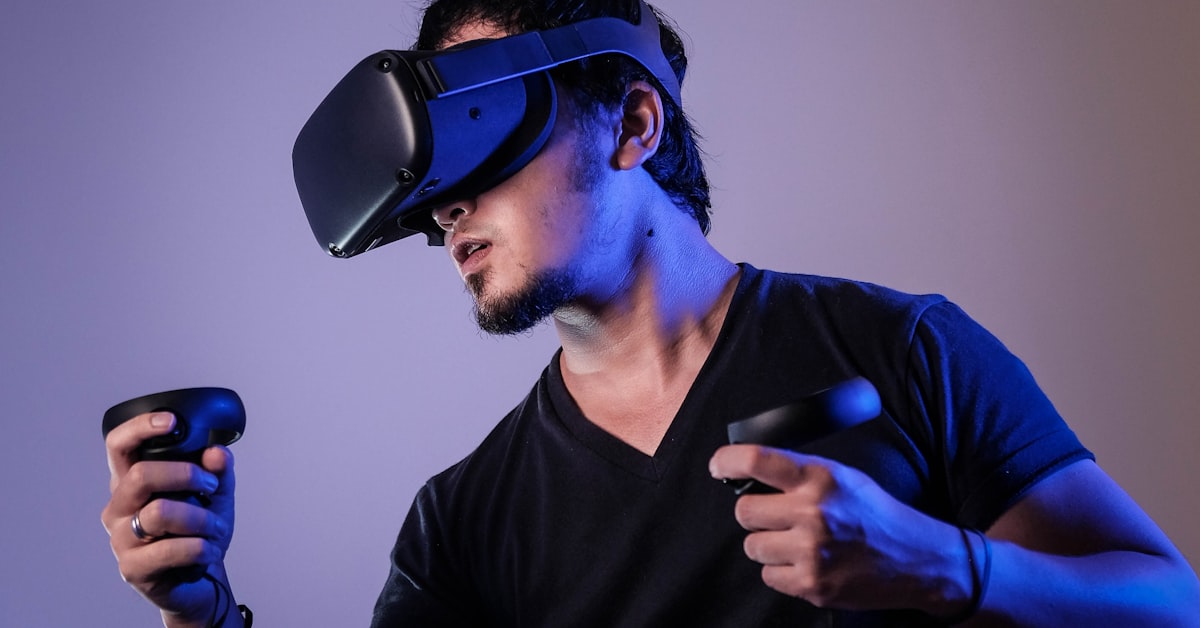Human Content Creation Jobs
Artificial Intelligence (AI) has revolutionized various industries, and content creation is no exception. In this article, we will explore the profound impact of AI on content creation, focusing on how machines are gradually replacing humans in the writing process. We will delve into the potential benefits and challenges posed by AI-generated content and discuss its future implications.
Understanding Artificial Intelligence and Its Role in Content Creation
Artificial Intelligence, often referred to as AI, is the simulation of human intelligence in machines that are programmed to think and learn like humans. In the context of content creation, AI utilizes advanced algorithms and Natural Language Processing (NLP) to generate written text, making it a valuable tool for writers and marketers.
The Rise of AI-Generated Content
In recent years, AI-generated content has seen a significant rise in popularity. Many companies and content creators have started leveraging AI-powered tools to automate the writing process. These tools can produce vast amounts of content in a fraction of the time it would take a human writer, allowing businesses to streamline their content marketing strategies.
Advantages of AI-Generated Content
AI-generated content offers several advantages that make it an appealing option for businesses and marketers:
1. Speed and Efficiency
AI-powered writing tools can create content at an unprecedented speed. Tasks that would typically take hours or days for a human writer can be completed in minutes by AI algorithms. This efficiency enables content creators to focus on more strategic aspects of their marketing campaigns.

2. Consistency and Accuracy
Unlike humans, AI does not experience fatigue or emotions that might affect the quality of the content. AI-generated text is consistent and accurate, adhering to predefined guidelines and maintaining a uniform tone throughout the content.
The Impact on Human Content Writers
While AI-generated content offers undeniable advantages, it also raises concerns among human content writers:
1. Job Displacement
The automation of content creation through AI may lead to some job displacement in the industry. As businesses adopt AI-powered tools, there may be a reduced demand for human writers in certain content creation roles.
2. Creativity and Originality
AI, as advanced as it may be, still struggles to match the creativity and originality that human writers bring to their work. AI-generated content might lack the depth and emotional appeal that comes from a human touch.
AI vs. Human Content: Striking a Balance

While AI-generated content has its merits, there are instances where human content creation remains invaluable:
1. Emotional Connection
Human writers can create content that connects emotionally with the audience. Whether through storytelling or personal experiences, human-generated content evokes empathy and builds stronger relationships.
2. Adaptability and Contextual Understanding
Humans possess the ability to adapt to unique situations and understand the context of a given topic. This contextual understanding enables writers to address nuanced subjects effectively.
Future Prospects of AI in Content Creation Jobs

The future of AI in content creation looks promising and dynamic. AI algorithms will continue to advance, becoming more sophisticated and better at understanding human nuances. While AI-generated content will become more prevalent, human writers will still be instrumental in crafting exceptional and emotionally resonant content.
Conclusion
In conclusion, AI’s rise in content creation is transforming the way we approach written content. The efficiency and speed of AI-generated content are unmatched, providing businesses with powerful tools for their marketing endeavours. However, human writers will remain essential for creating content that forges emotional connections and adapts to complex contexts. The key to success lies in striking a balance between AI and human content, harnessing the strengths of both to deliver exceptional content to audiences worldwide.
FAQs After The Conclusion
Q1: Will AI completely replace human content writers in the future? AI-generated content will continue to improve, but it is unlikely to completely replace human writers. Instead, AI will complement human creativity and efficiency in the content creation process.
Q2: How does AI ensure the accuracy and reliability of the generated content? AI algorithms are trained on vast datasets to understand grammar, context, and language rules. This training ensures that the generated content is accurate and reliable.
Q3: Can AI-generated content be customized for specific target audiences? Yes, AI algorithms can be fine-tuned to cater to specific target audiences, allowing for personalized and engaging content creation.
Q4: Are there any ethical concerns related to AI-generated content? Ethical concerns arise from the potential misuse of AI-generated content, such as spreading misinformation or creating deceptive narratives. Proper guidelines and regulations are necessary to address these issues.
Q5: How can human writers adapt to the rise of AI in content creation? Human writers can embrace AI as a powerful tool to enhance their productivity and efficiency. They can focus on adding value through creativity, emotional connections, and contextual understanding that AI might not fully replicate.














